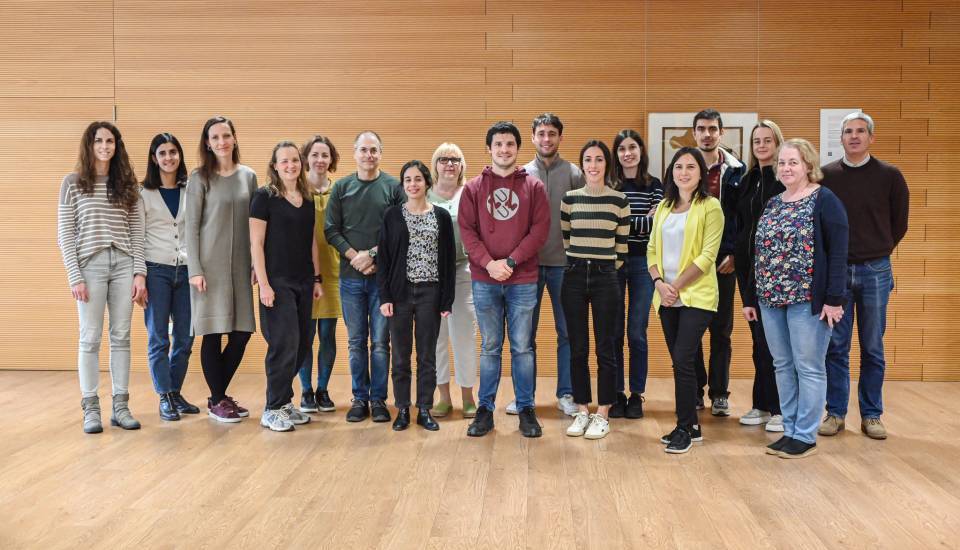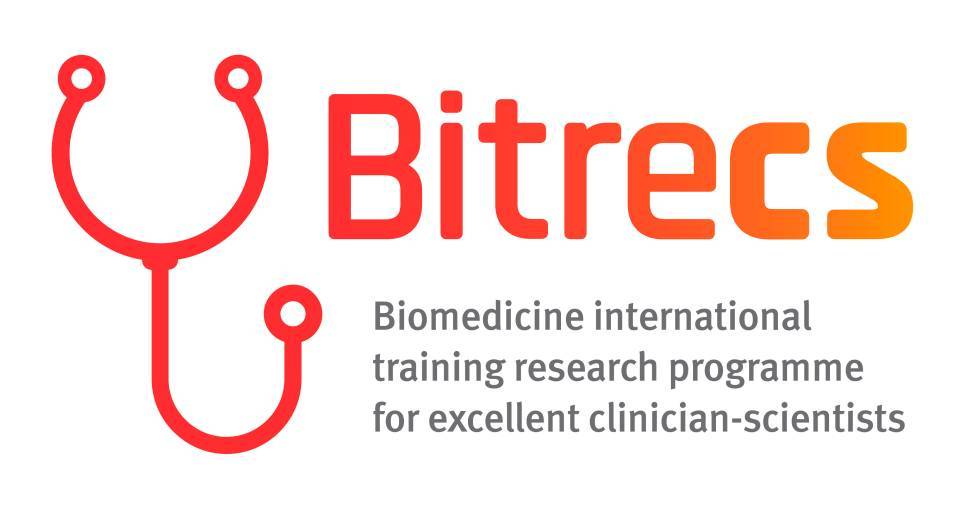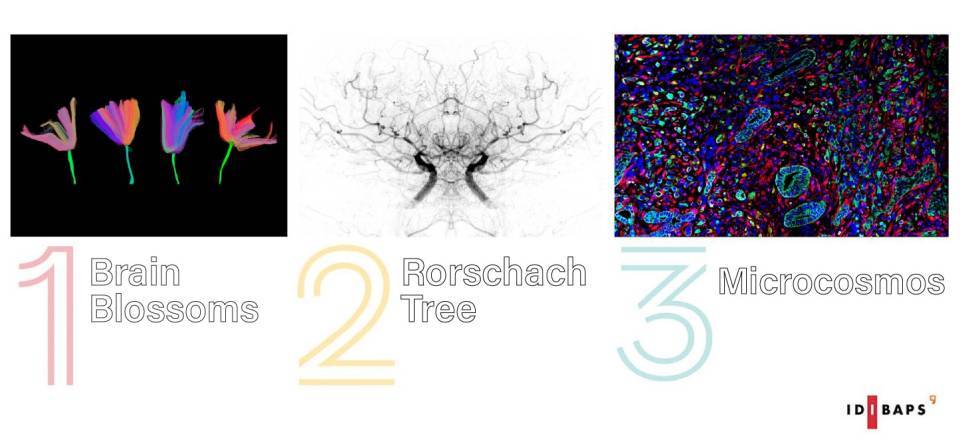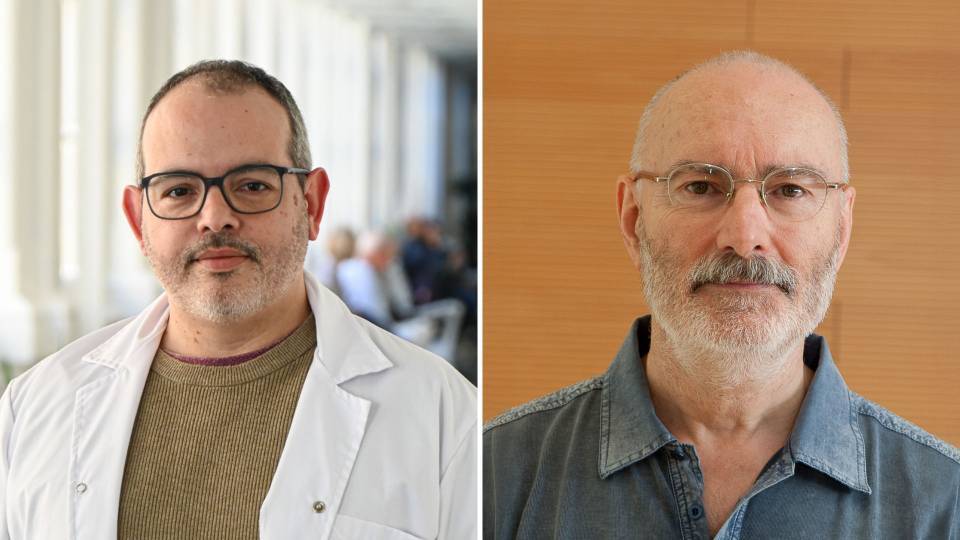The PANERIS project, funded by Horizon Europe (HORIZON-WIDERA-2023-ACCESS-04-01), brings together several institutions, including IDIBAPS, the João Lobo Antunes Institute of Molecular Medicine (IMM) of Portugal, the Jerzy Maja Institute of Pharmacology (IP PAS) of Poland, and the University of Vilnius (VU) of Lithuania, the latter being the coordinator of the consortium.
The main objective of the PANERIS project is to strengthen synergies to facilitate the integration of resources, infrastructures, and capacities from different countries and to improve the impact of neuroscience research at the international level. In addition, PANERIS acts as a coordination and support platform, favouring the internationalisation and competitiveness of neuroscience research in the participating countries.
The visit which took place last week was organised with the aim of strengthening the research and innovation management capacities of the participating organisations. Specifically, during five days of training, experts from the IDIBAPS European Projects Preaward and Postaward Offices presented various tools for internal management and organisation, shared previous experiences in other European projects, and included training in digital tools, as well as in cost management. The sessions also involved participation in activities organised within the Campus Clínic Innova programme, and a visit to laboratories and scientific platforms (biobank, genomics, cytometry, and magnetic resonance imaging).
According to Juan Abolafia, director of the European and International Projects Office, who co-leads the project at IDIBAPS together with Hugo López, head of the Clinical Addictions research group: "This type of training allows us to share knowledge and improve our capacities for managing international projects more effectively". And, he adds: "Collaboration between the different European institutions is essential for tackling global challenges in health research and innovation".

The opinions and views expressed are solely those of their author(s) and do not necessarily reflect those of the European Union or of the European Research Executive Agency (REA). Neither the European Union nor the REA can be held responsible for them.




